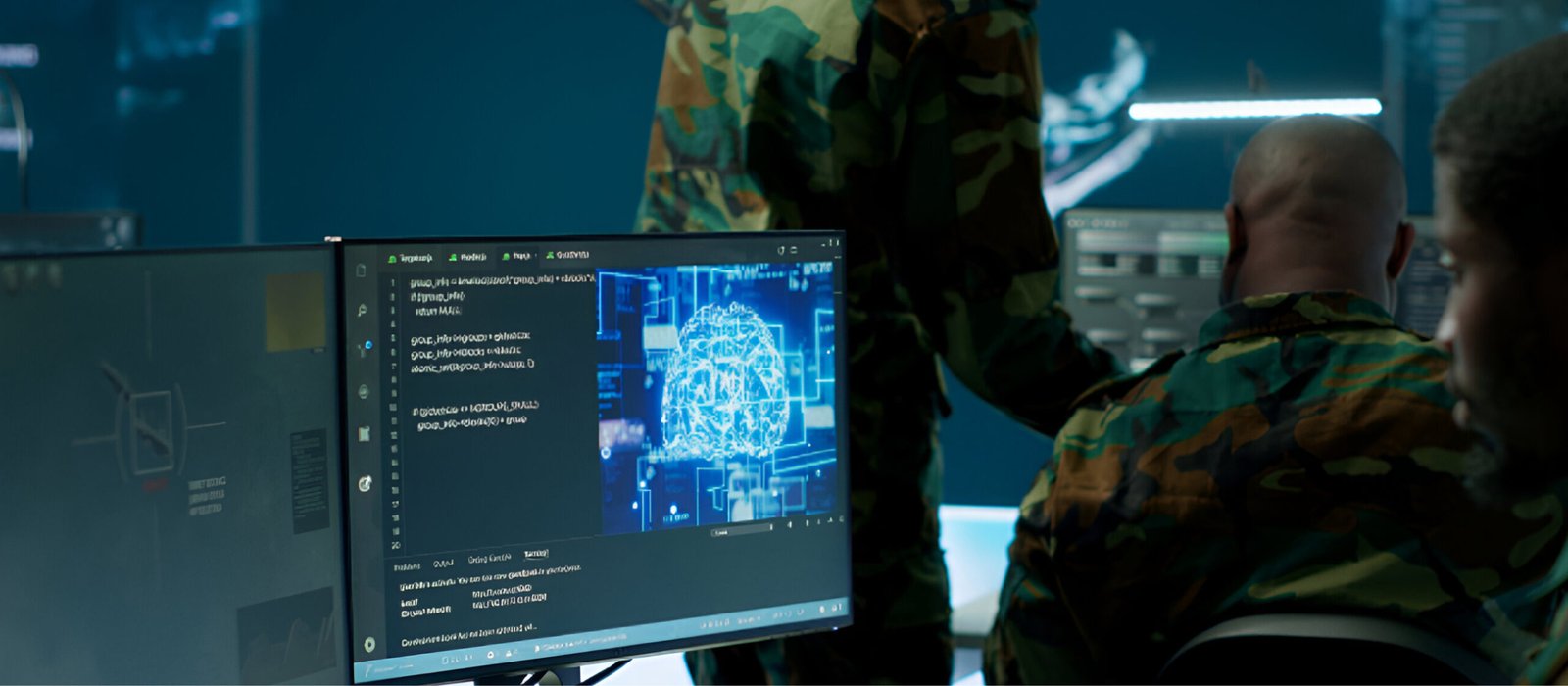Recruitment in the U.S. Armed Forces has always been a serious mission that balances national security with talent readiness. But in 2025, enlisting, evaluating, and placing soldiers is being radically reimagined.
Welcome to a future where AI screens recruits, blockchain secures records, and automation eliminates red tape — all before boots even hit the ground.
At TechLite Hub, we sat down with defense tech insiders, automation experts, and military recruiters to understand how cutting-edge technologies are modernizing one of the country’s oldest institutions.
The Recruitment Challenge
The U.S. military has faced growing challenges in recent years:
-
Declining enlistment rates
-
Longer onboarding timelines
-
Manual paperwork and outdated systems
-
Rising concerns around data privacy and verification
That’s where automation, artificial intelligence, and blockchain are stepping in — not to replace the human element, but to optimize and protect it.
Automation: Streamlining Enlistment from Click to Contract
In traditional recruitment, an applicant might wait weeks to schedule an aptitude test or physical evaluation. Thanks to automation, much of this process is handled seamlessly and instantly.
Real changes include:
-
Digital form processing — removing duplicate data entry
-
Innovative scheduling tools — automatically setting up appointments and interviews
-
Workflow automation — instantly routing candidates to appropriate roles based on skillsets and eligibility
Organizations like the Army Enterprise Cloud Migration Office are working to digitize and automate everything from initial contact to active duty onboarding.
AI: Evaluating More Than Just Scores
Artificial intelligence is now being used to analyze applicant profiles holistically, including:
-
ASVAB scores
-
Educational background
-
Physical aptitude
-
Career aspirations
-
Language processing of open-ended responses
AI can also recommend ideal roles based on a recruit’s personality, learning style, and behavioral patterns — creating a smarter, more strategic force, rather than just filling quotas.
One pilot program even uses AI video analysis to assess confidence, communication skills, and decision-making in interview simulations — cutting through bias and making recruitment more equitable.
Blockchain: Securing Identity, Data & Deployment Readiness
Blockchain may be the least visible — but most critical — layer in modern military recruitment.
Here’s what it enables:
-
Secure digital identity across agencies (DoD, VA, Homeland Security)
-
Immutable records of education, certifications, and service
-
Medical history and fitness logs are protected from tampering
-
Smart contracts for enlistment terms and benefit tracking
Projects like the Pentagon’s Advana Platform are already leveraging blockchain to create unified, tamper-resistant personnel records, which will enable faster decision-making and reduce fraud.
Why This Matters
By 2030, the U.S. military will not just recruit soldiers—it will also assemble mission-specific teams using live data, real-time readiness insights, and decentralized records.
Imagine:
-
A recruit signs up online, is screened by AI, and completes onboarding through smart contracts within 72 hours.
-
Their digital identity follows them from enlistment through retirement, protected and portable.
-
Commanders can instantly verify each recruit’s training, location, and eligibility through blockchain nodes.
This is not theory — it’s happening now.
What It Means for the Future
Integrating AI, automation, and blockchain in military recruitment marks a turning point in defense tech. It creates:
-
Faster access to qualified recruits
-
Higher trust in documentation and credentials
-
Better long-term talent placement
-
More secure systems in an era of cyber conflict
It also sets the stage for other public institutions — law enforcement, federal agencies, and even universities — to follow suit.
Want to See These Systems in Action?
TechLite Hub is producing a special feature on the future of military recruitment, including interviews with defense contractors, AI developers, and service members navigating the new system.




